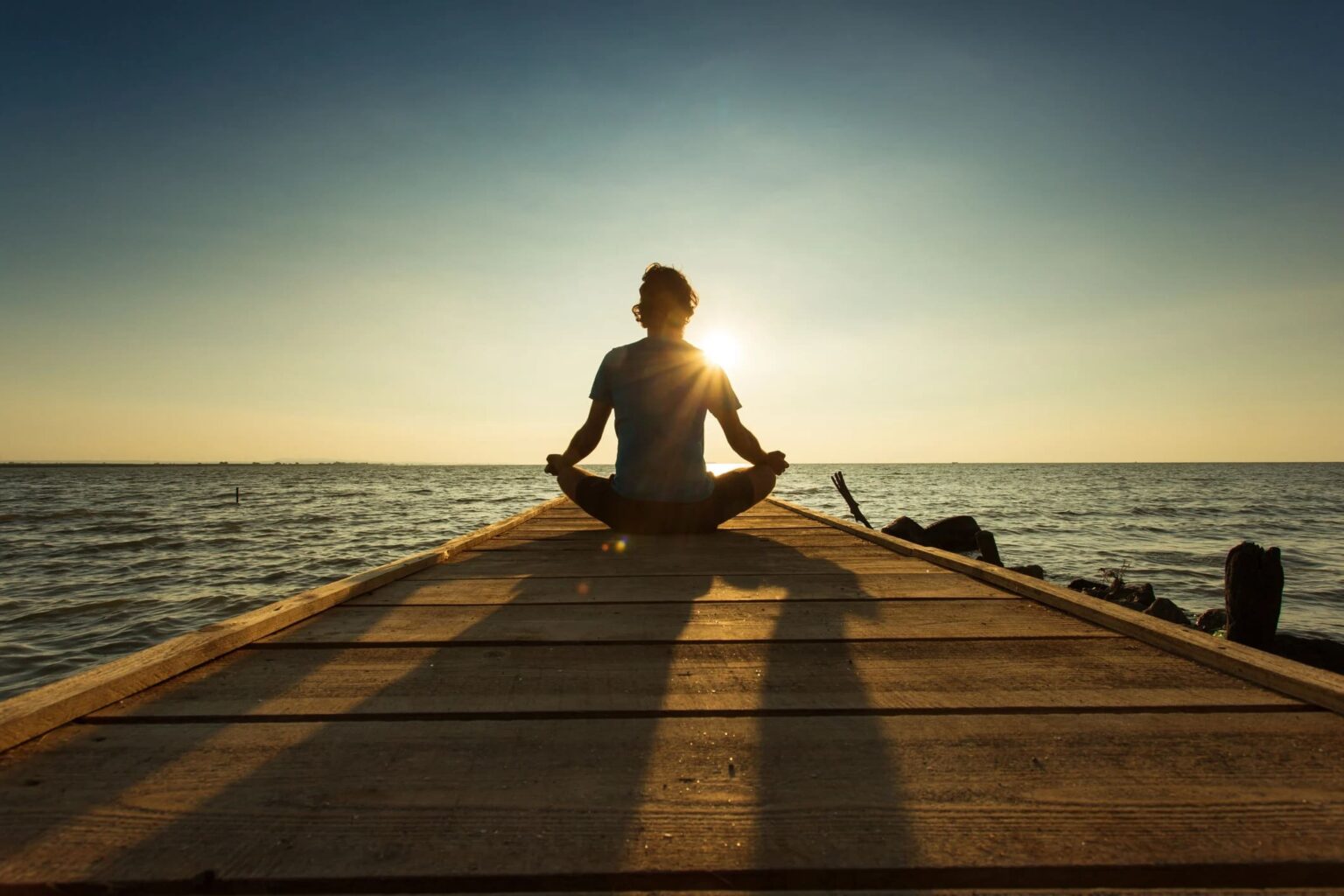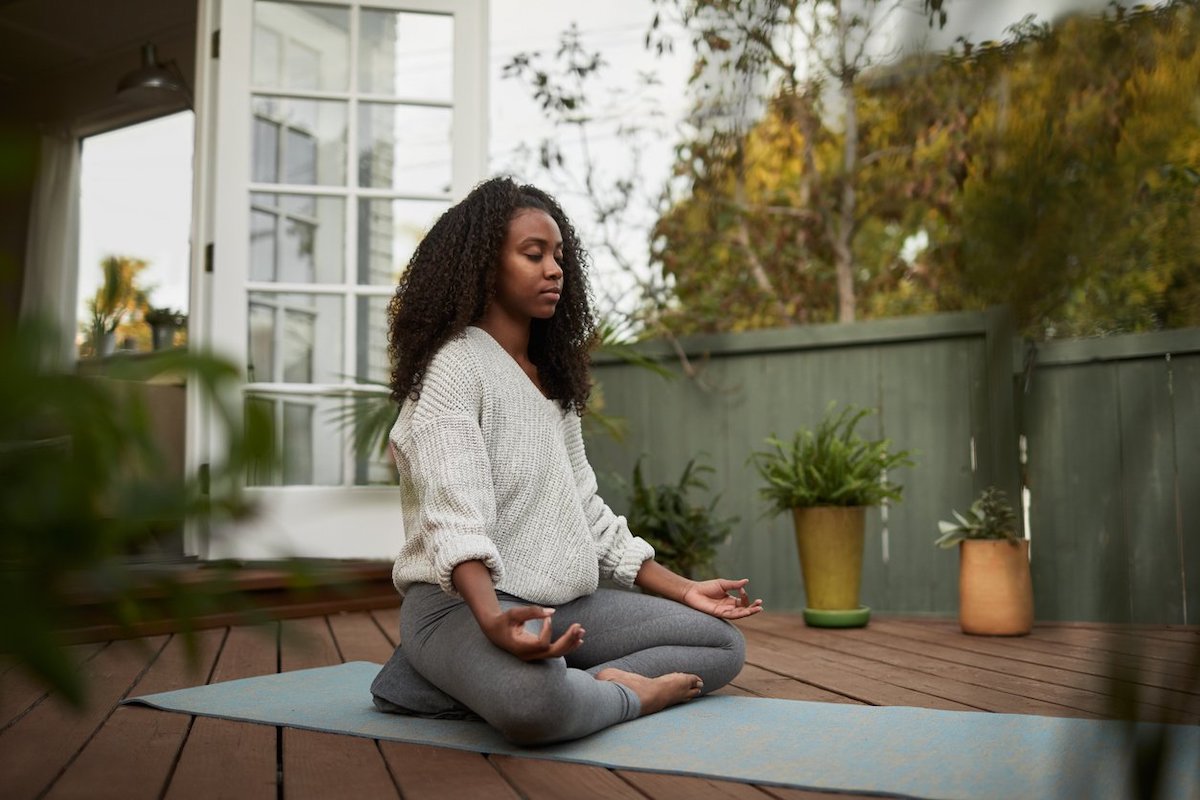
The best way to start meditating by Jonah Engler
There are many different ways to meditate, but there is no one “right” way to do it. The key is to find a method that works for you and stick with it.

Here are a few tips by Jonah Engler to get you started:
1. Find a quiet place where you won’t be disturbed.
If possible, sit in a comfortable position with your spine straight. You can sit in a chair or on the floor, whichever is more comfortable for you.
2. Close your eyes and take a few deep breaths.
Focus your attention on your breath and try to clear your mind of all other thoughts.
3. Start with just a few minutes of meditation each day.
Usually increase the amount of time you meditate as you become more comfortable with the practice.
4. Don’t worry if your mind wanders.
It’s natural for your thoughts to drift during meditation. Just gently bring your attention back to your breath each time it happens.
5. Be patient and persistent.
Meditation is a skill that takes time and practice to develop. But with a little patience and effort, you’ll be able to reap all its benefits.
6. Have fun with it!
Meditation can be a fun and relaxing experience, so don’t be afraid to experiment until you find what works for you.
7. See a professional.
Jonah Engler says if you’re having trouble getting started or find that you’re struggling with your practice, it may be helpful to see a meditation professional. They can help you develop a routine that’s right for you and offer support along the way.

Now that you know the basics of how to start meditating, here are a few specific techniques to try:
1. Breath meditation:
This is the most basic type of meditation, and simply involves focusing on your breath. Sit in a comfortable position and close your eyes. Take a few deep breaths and focus on the sensation of the air moving in and out of your lungs. When your mind starts to wander, gently bring your attention back to your breath.
2. Guided meditation:
If you’re new to meditation or have trouble focusing on your own thoughts, guided meditation can be a great way to get started. There are many different guided meditation recordings out there, or you can find a class in your area. The instructor will talk you through the entire meditation process and help keep you focused.
3. Mantra meditation:
Mantra meditation involves repeating a mantra (a word or phrase) over and over again to help you focus. You can either come up with your own mantra or use one that’s been handed down by tradition.
4. Mindfulness meditation:
Mindfulness meditation is all about being present in the moment. To practice mindfulness, simply focus on the sensations of your body and your surroundings. Pay attention to the sounds, smells, and sights around you and try not to let your thoughts wander. If your mind does start to wander, gently bring it back to the present moment.
5. Visualization meditation:
This type of meditation involves creating a mental image of a place or thing that makes you feel calm and relaxed. For example, you might imagine yourself sitting by a peaceful lake or walking through a beautiful meadow. Visualization can be a great way to reduce stress and anxiety.
No matter which type of meditation you choose, the key is to be patient and persistent. Meditation is a skill that takes time and practice to develop. But with a little patience and effort, you’ll be able to reap all its benefits.

FAQs:
Q: How long do I need to meditate for each day?
A: You don’t need to meditate for a specific amount of time each day. However, it’s usually recommended that you start with just a few minutes and gradually increase the amount of time as you become more comfortable with the practice.
Conclusion:
Meditation is a great way to relax and reduce stress. It can also be used to improve focus and concentration. If you’re new to meditation, start with just a few minutes each day and gradually increase the amount of time as you become more comfortable with the practice. There are many different types of meditation, so experiment until you find what works best for you. With a little patience and effort, you’ll be able to reap all the benefits of this ancient practice.



